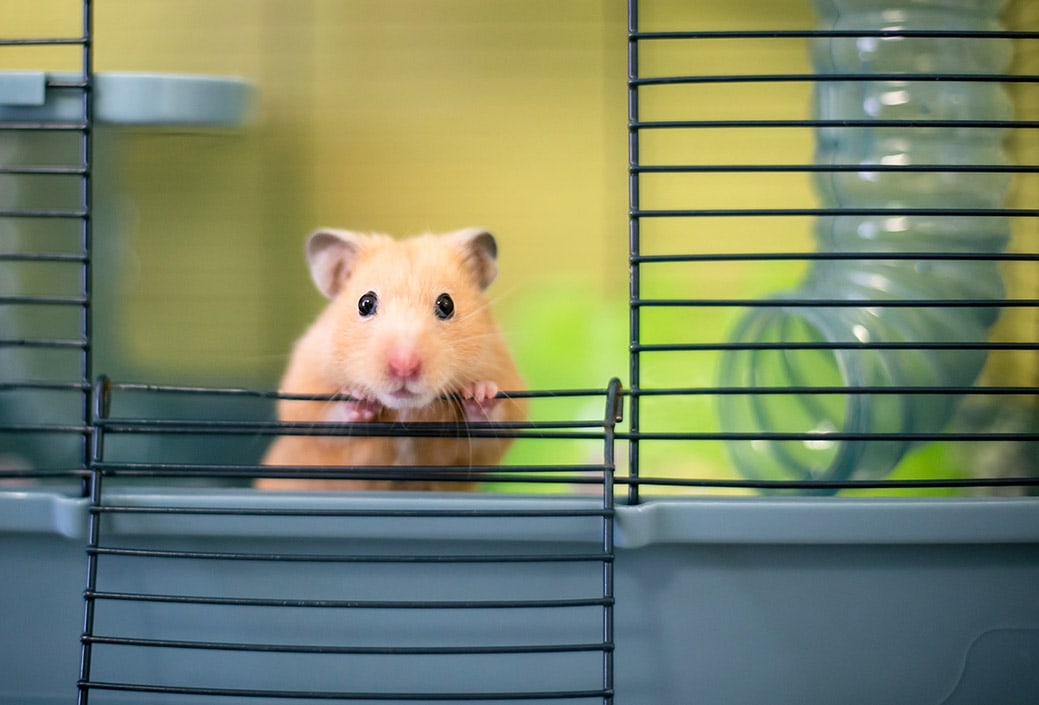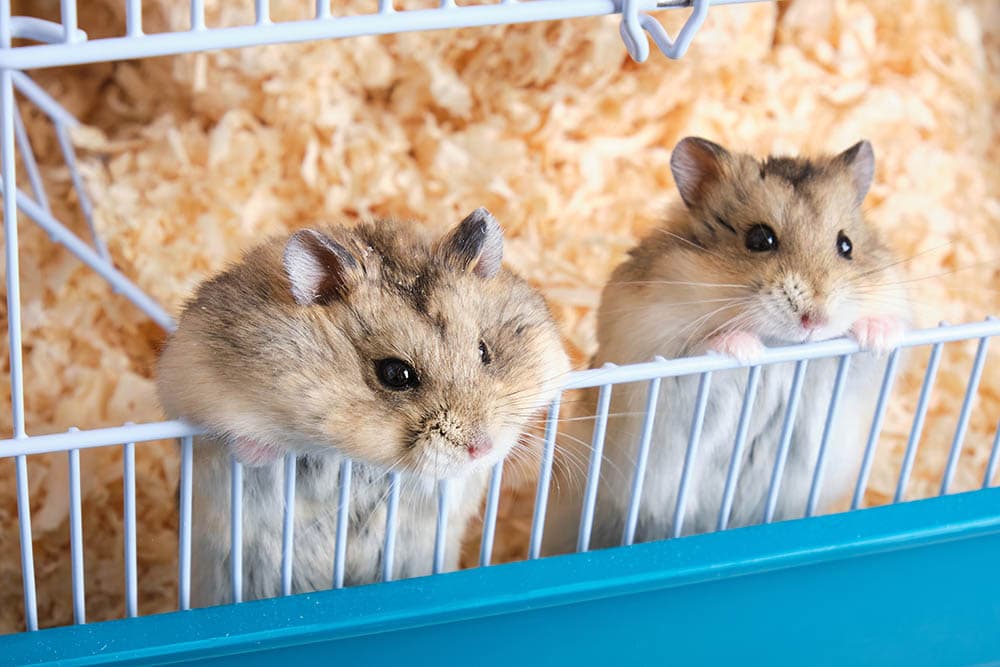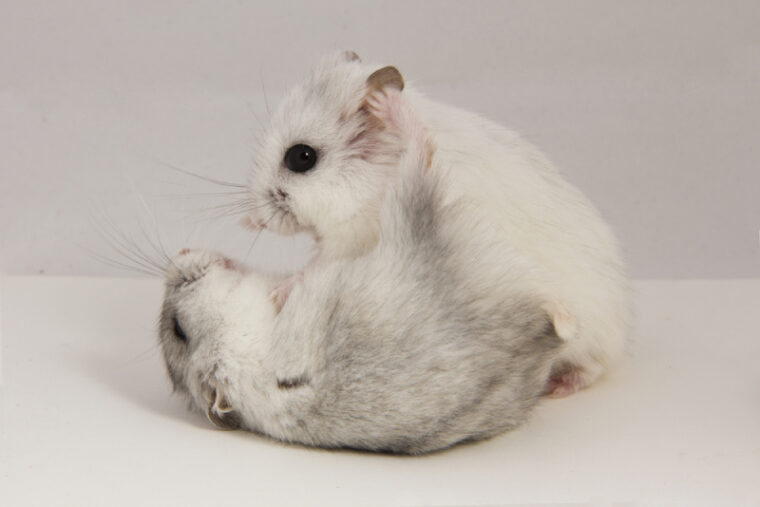
If you have ever considered getting a hamster, you have likely heard the advice not to put multiple hamsters in the same enclosure because they could kill and eat each other. This information has confused and startled many potential hamster owners over the years. Are hamsters cannibals? Do hamsters really eat each other? The answer is that hamsters can become cannibals under extreme duress, similar to how people can also become cannibals.
Hamsters can attack and eat each other, but it is not as common as many people think. Hamsters will only kill one another if they are extremely stressed or feel that their environment cannot support them. The reasons why hamsters eat each other are sad and nuanced. Here is everything you need to know about hamsters’ behavior when it comes to cannibalism and stress.
Are Hamsters Cannibals?
Hamsters, overall, are not cannibals. Hamsters do not eat one another as a primary source of nutrients. However, hamsters have been observed exhibiting cannibalistic behaviors. That means that some hamsters are indeed cannibals, but all hamsters are not necessarily cannibals. Hamsters prefer to eat things like hay, seeds, corn, and greens. Hamsters do not want to eat other hamsters. They only exhibit this type of behavior under certain circumstances.
Hamsters have the potential to be cannibals, but hamsters as a whole are not cannibals. In that way, these rodents are similar to people. No one would say that humanity is a cannibalistic species, yet there are numerous instances of cannibalism in extreme situations among people. The same is true for hamsters.
Why Do Hamsters Sometimes Eat Each Other?
Cannibalistic behavior in hamsters only comes about under stressful circumstances. Things like overcrowding, lack of food, or competition can cause hamsters to attack and eat one another. Scientists believe that this is a survival mechanism that arises during extremely difficult times. Animals with extremely high reproductive rates, like hamsters, are at a higher risk of overpopulation, leading to the collapse of the food supply. When there are too many hamsters and not enough food and water to go around, hamsters will turn on one another in a bid to survive.
Other studies have found that changes in a hamster’s diet could alter their behavior. For example, in France, hamsters have been forced to eat corn due to agricultural activities. There is less natural forage for hamsters to eat so they eat the corn planted by French farmers, which has had a slew of unintended consequences for the native hamster populations – including cannibalism.
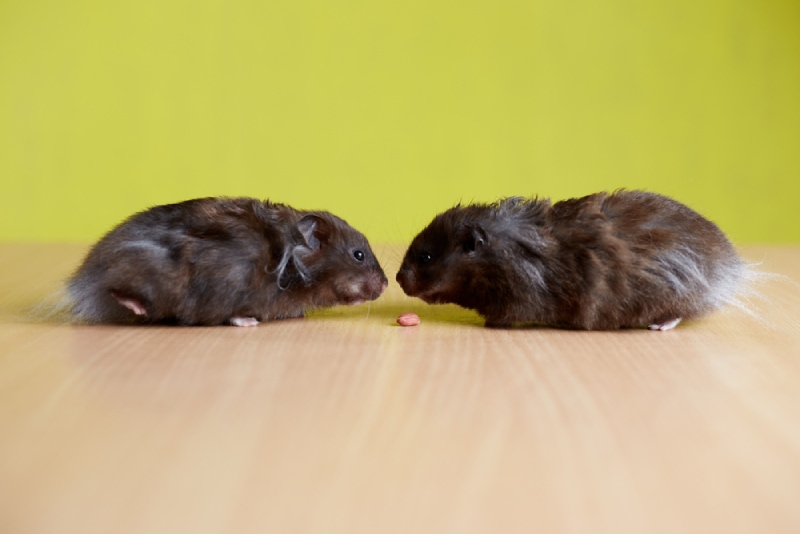
Do All Hamster Species Eat Each Other?
There is no hard evidence looking at every hamster species in the world. However, there are a series of patterns among notable hamster species, such as Syrian, Russian, and Roborovski Dwarf, that point to a trend that could extend across different hamster species. All of the most popular species of hamsters have been observed eating each other (or eating their young) in certain circumstances, which points to the fact that all hamsters could be capable of cannibalistic behavior.
Why Do Hamsters Eat Their Babies?
There are a number of reasons that hamsters could potentially eat their young. First, when hamsters are extremely stressed, they will sometimes kill and eat their babies. This is derived from a feeling of insecurity. A hamster mother that does not feel like they have enough food or is not safe from predators will kill and eat their young.
The second reason that a mother hamster could kill their babies is because there is something wrong with the hamster. Mother hamsters are able to tell if their babies are sick or malformed better than people. If the mother doesn’t believe that the baby can survive, it could kill and eat the baby preemptively.
Lastly, if a hamster feels overwhelmed by the number of babies in the litter, it could kill off one or two of the babies to increase the chances of survival for the rest. A mother’s resources are not infinite. She can only produce so much milk and warm so many babies. If there are too many babies, a mother could cull the number in order to relieve stress on herself and the rest of the young.
Do Hamsters Eat Each Other in the Wild?
Yes. Many people believe that hamsters only eat each other when kept as pets, but that is not the case. For a long time, there was no evidence to support the idea that hamsters eat each other in the wild. In most cases, wild hamsters have a lot of room to roam and plenty of resources to go around. But that has been changing in recent years. Some species of hamster are slated to go extinct by 2050 due to human activities and climate change. As the environment becomes less conducive for animals like hamsters to survive, the stressors increase. As hamsters become more stressed in the wild, they are more likely to eat one another.
In a recent study, researchers found evidence of hamsters eating their young in the wild, which confirmed the hypothesis that hamsters will eat each other both under human care and in the wild if circumstances permit. This is a sad discovery but one that tracks with what people know about hamster behavior, hamster survival, and their response to extreme circumstances.
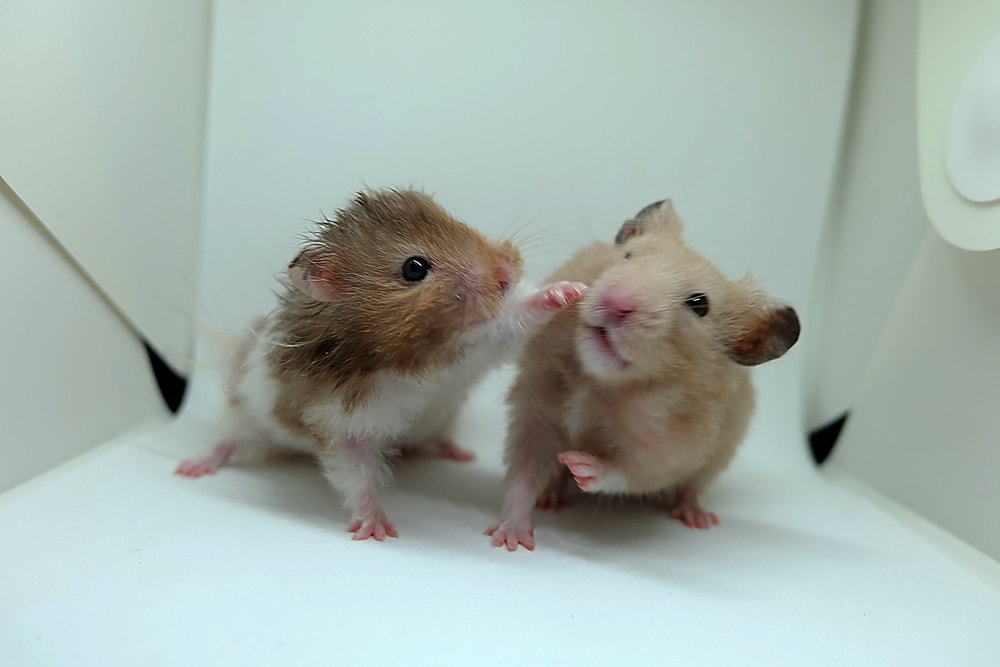
Conclusion
Hamsters will only eat each other when there is something very wrong. Whether it is overpopulation, competition for scarce resources, or a problem with the litter, hamsters do not relish killing and eating one another. They only do it as a last resort in response to extreme environmental stresses. Hamsters can kill each other when kept as pets or in the wild, but hamsters are not cannibals by nature. When everything is good, a hamster will never eat another hamster, they only do it when things are going awry.
- See also: 24 Greatest Songs About Cats Of All Time
Featured Image Credit: PrakapenkaAlena, Shutterstock


